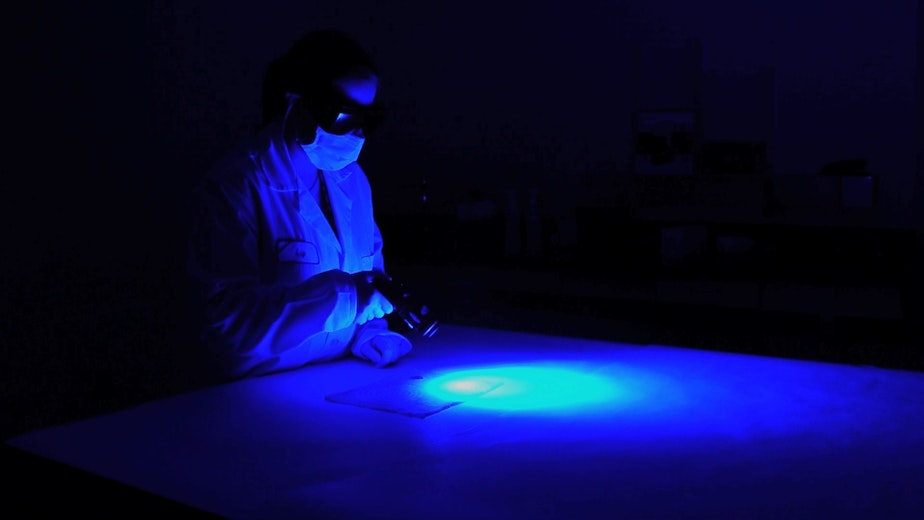8,000 rape kits untested in Washington state. That's just the beginning

This much is clear: at least 7,984 rape kits have not been tested in Washington state.
A new inventory by the Washington State Attorney General’s Office is helping shed light on the state’s backlog of DNA evidence collected after a sexual assault.
As a result, the state will get $1.5 million in federal dollars to spend on testing the evidence. That’s not enough to eliminate the backlog, as testing a single one of these kits costs $610, but it could make a dent.
“The state has a long ways to go,” Attorney General Bob Ferguson said. His office estimates the new grant money could fund testing of approximately 1,800 kits.
The exact volume of the rape kit backlog has remained elusive for years. In 2015, a survey of law enforcement agencies by the Washington Association of Sheriffs and Police Chiefs found around 6,000 untested rape kits. The Washington State Patrol estimated the size to be larger – between 8,000 and 10,000 untested kits.
DNA testing on rape kits has proceeded so slowly, dripping molasses looks fast by comparison.
At the current rate, it will take approximately seven years to completely test the rape kit backlog. Washington state currently sends evidence from old, inactive investigations to a private lab in Utah, called Sorenson Forensics. But the Washington labs have to double-check the work.
The labs in Washington and Utah have completed testing 1,772 boxes of rape evidence between January 2016 and September 2018. So far this year, the labs have completed 100 rape kits per month on average.
The Washington State Attorney General’s Office conducted the inventory as part of a $3 million grant from the U.S. Department of Justice. The inventory found 6,460 rape kits are piled up in law enforcement agency evidence rooms statewide and have never been submitted to a lab for testing. Meanwhile, another 1,524 have been received by a forensics lab and await testing, according to data from the Washington State Patrol.
The Seattle Police Department said it stores hundreds of those kits in the testing queue: 776 boxes of untested rape evidence collected before April 2017.
“Keep in mind, we’re built to house them, and the crime lab is built to test them,” spokesperson Sean Whitcomb said.
But those numbers are not the full story.
The state inventory does not cover rape evidence stored at hospitals or boxes that have been only partially tested. The Attorney General’s office will tackle those later, once more federal dollars are available.
Those numbers also do not include evidence from crimes that were committed after April 1, 2017 – the date of the application for federal funds.
Washington state law enforcement and political leaders toured Ohio’s high efficiency labs in August to learn from that state’s example.
Ferguson is also interested in how Washington’s labs can emulate Ohio’s efficiency, including bringing representatives from the Ohio labs to Washington to help.
“It is my goal to find a more efficient way of moving through these kits,” he said. “That’s going to take some time.”




